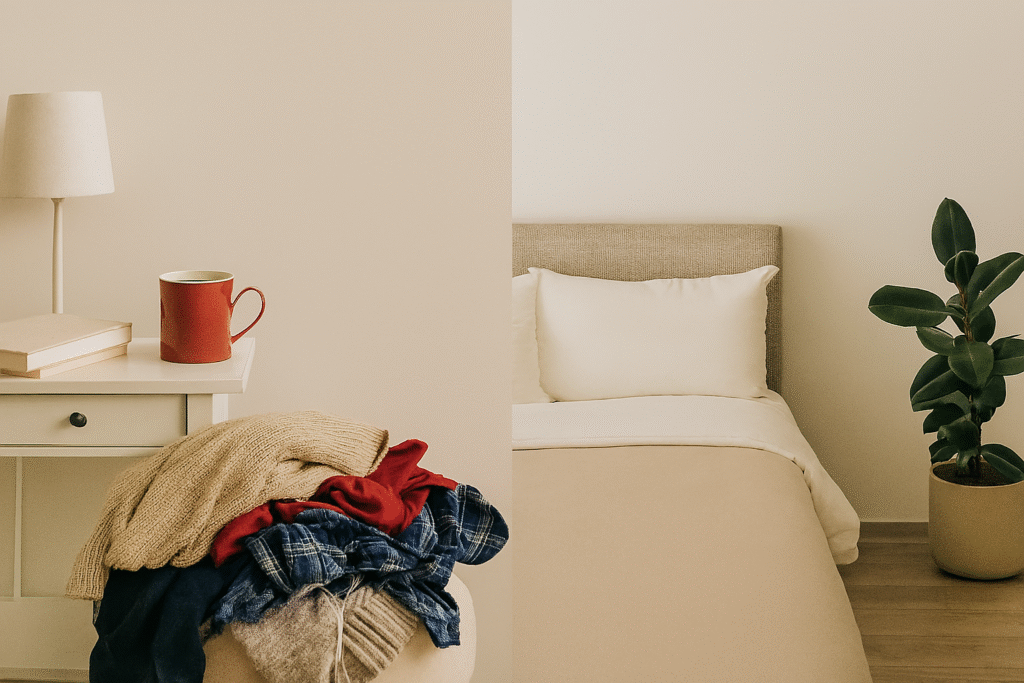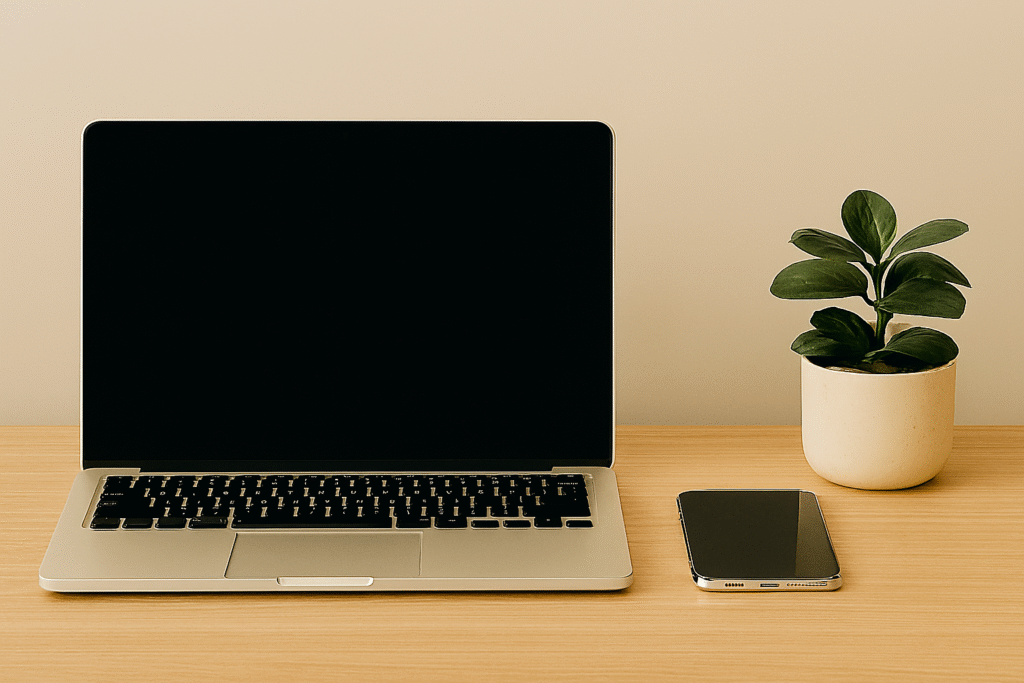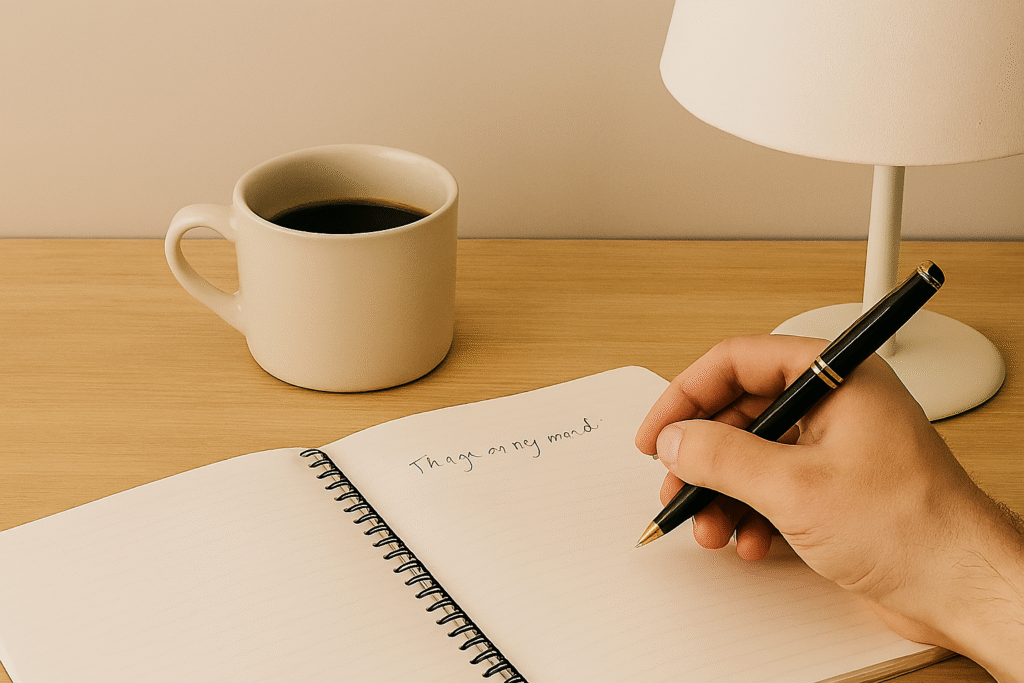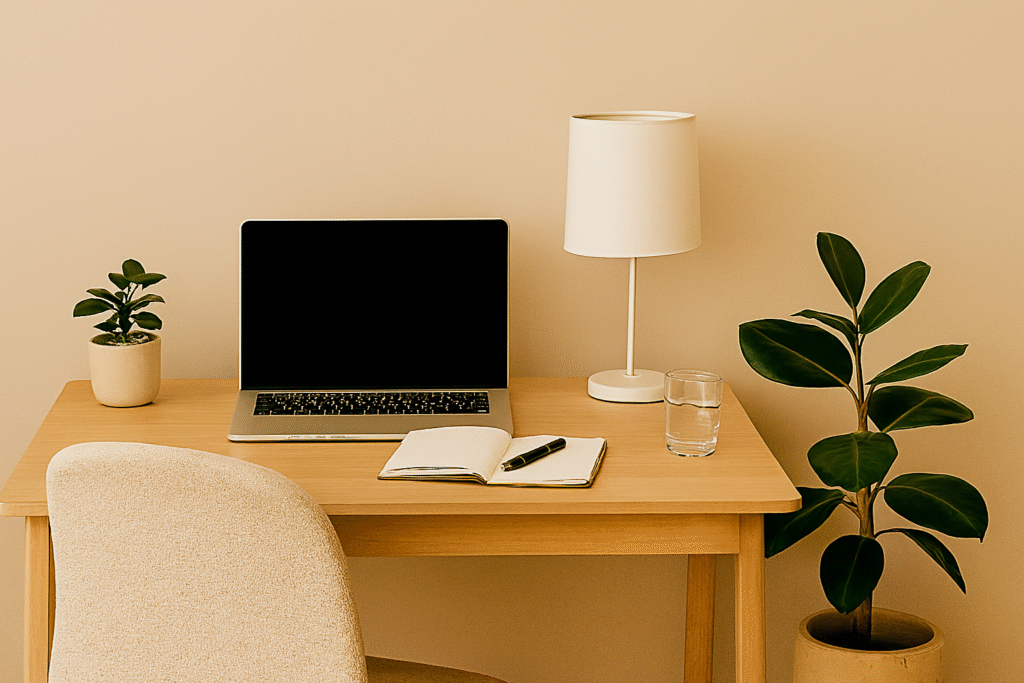This post contains affiliate links. If you purchase through these links, InfiniteFits may earn a small commission at no extra cost to you. Your support helps us keep creating style and self-growth contents.
Declutter Your Space, Declutter Your Mind
I used to come home after a hard day, wanting to unwind, only to be confronted by a mountain of clothes, unopened mail, and dishes from two nights before. I had no idea how much it was bothering me until one weekend, when I decided to get rid of it all. I awoke on Monday feeling lighter, as if I had more room to breathe. That was when I realized that clutter is more than simply physical. It’s quite emotional. It’s a mental state. It’s also really personal.
“Outer order contributes to inner calm.” – Gretchen Rubin
The Clutter-Mind Connection
Many of us intuitively believe that clutter causes stress and worry. When your surroundings are chaotic, your brain struggles to concentrate and relax. It’s like attempting to meditate in the midst of a traffic gridlock. That weekend I spent decluttering wasn’t only about cleaning; it was also about regaining clarity. The moment my space cleared, my thoughts did too.

Declutter your space with these essentials:
Start Small: One Corner at a Time
You don’t need to overhaul your entire home in one go. Begin with a single drawer, shelf, or corner. I started with my bedside table, which held only a few old receipts, tangled chargers, and forgotten trinkets. The act of letting go, however, was strong. Every thing in your space either helps or hinders you. The challenge is to question yourself, “Do I really need this?” or, “Does this add value to my life?” If the answer is no, then it is time to let go. Donate what you don’t need, recycle what you can, and keep those items that make you happy or serve a purpose. When you surround yourself only with things that matter, you’ll feel lighter instantly. Each item you release makes space—not just in your room, but in your mind.

Make small steps easier with:
Digital Declutter Counts Too
Your phone, laptop, and inbox are extensions of your mental space. I remember deleting 2,000 unread emails one night—it felt like shedding invisible weight. Try:
- Unsubscribe from newsletters you never read
- Organizing files into folders
- Deleting unused apps
- Turning off non-essential notifications
A clean digital space reduces decision fatigue and boosts productivity. It’s like giving your brain a fresh desktop.

Streamline your digital space with:
Decluttering the Mind
When your space breathes, your mind follows. But mental clutter requires its own attention. I started journaling, just a few lines every morning. It helped me filter out the noise and focus on what was important. Meditation was next. Even five minutes of silence felt like a reset button. Then I discovered the value of boundaries: saying no to what drains you and yes to what nurtures you.
“You can’t reach for anything new if your hands are still full of yesterday’s clutter.” – Louise Smith

Tools for Mental clarity:
The Ripple Effect
Decluttering is contagious. A neat room encourages a tidy schedule. A clear desk invites creative thinking. A simpler life allows for deeper relationships, better sleep, and greater joy. After I cleansed my space, I realized that I began to show up more intentionally—in conversations, on my calendar, and even in my attire. It seemed as if I had finally created room for myself.

Create a Workspace that inspires:
Closing Notes
Decluttering does not have to happen all at once. Begin with a simple step today—clear a drawer, fold your clothes, or arrange your workspace. With each step forward, you’ll notice a lighter space as well as a lighter mind. Remember that decluttering is less about perfection and more about achieving tranquility.

